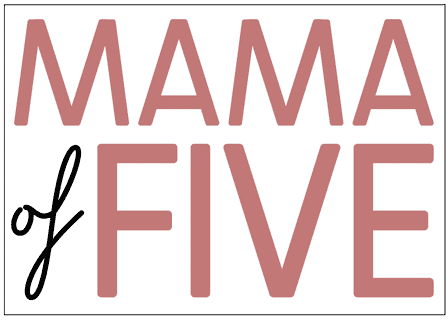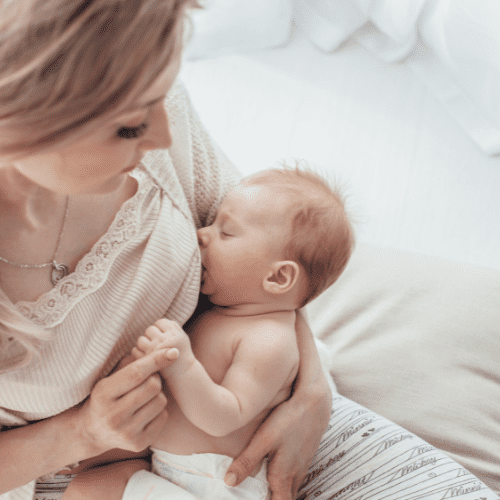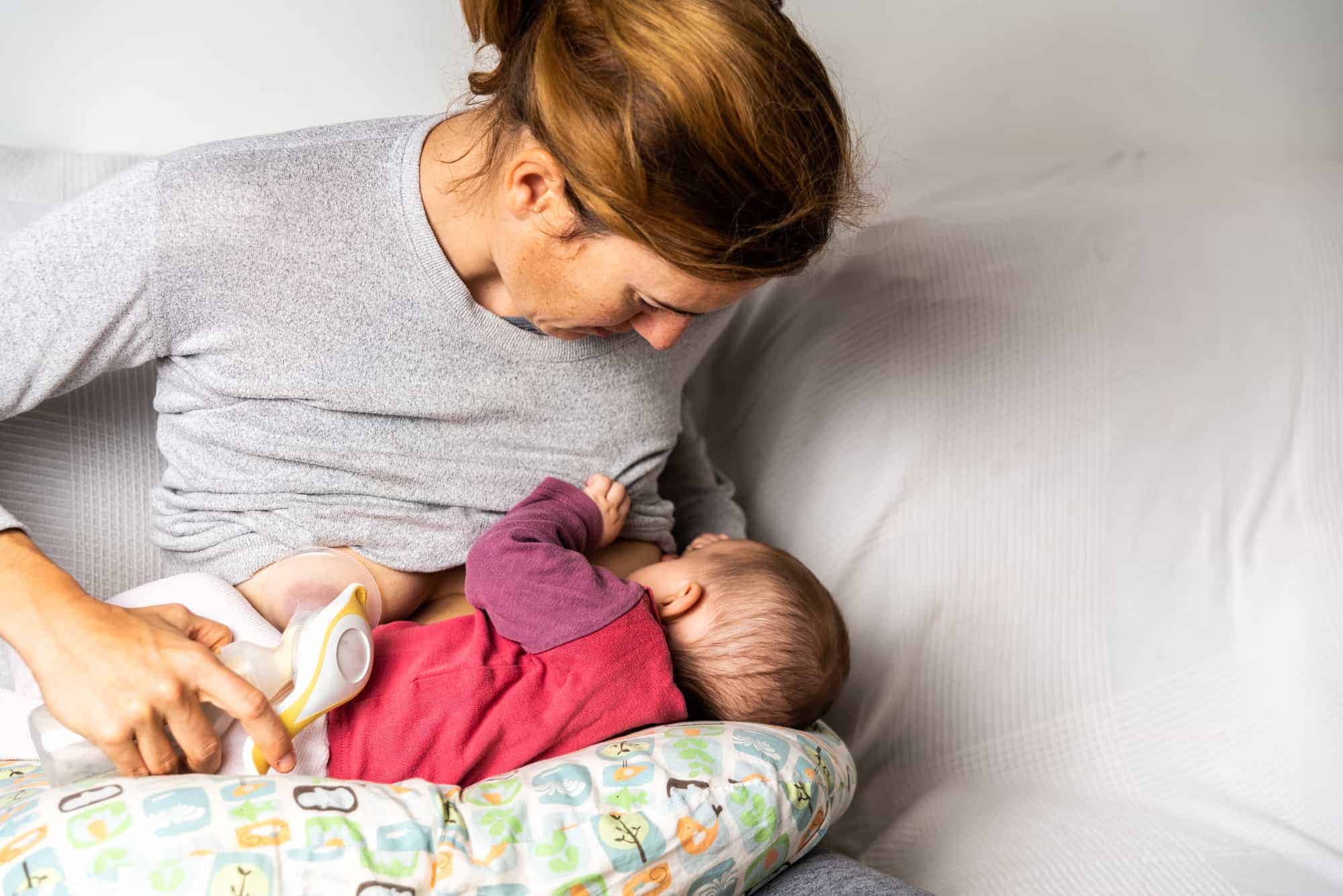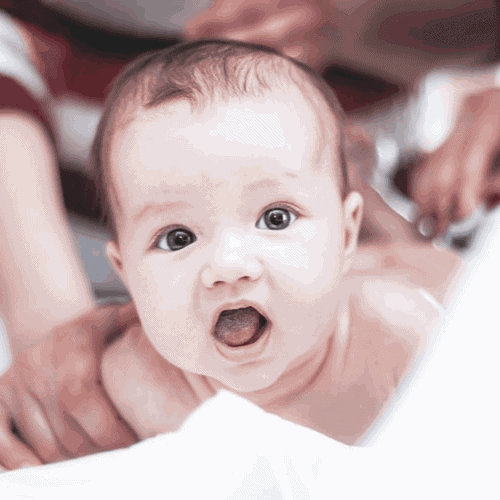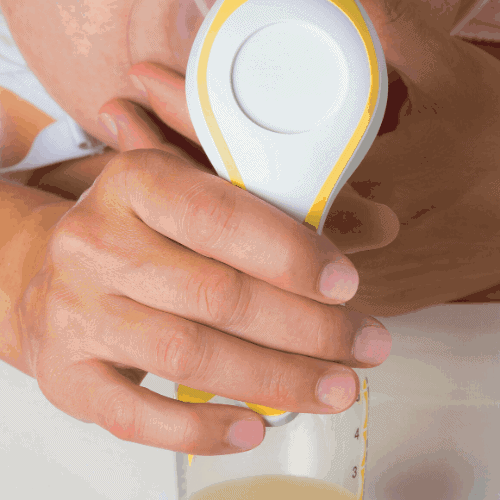One of the best things about your body while breastfeeding is the lack of periods!
No monthly stomach cramps and bleeding, no pads, moon cups or tampons. It can be months and months until you get another period.
Another bonus is that if you end up having babies close together and breastfeed all of them, you may end up going years and years without having a period again!
Did you now that menstruating is not the same as ovulating? You can ovulate without having the all too familiar subsequent period.
Who knew? It’s not something I realized before very recently.
It is all in the hormones. Of course it is, much like everything else to do with the morphing body of the new mama.
Our bodies are amazing, and so very very complicated.
This is exactly why you cannot and should never rely on breastfeeding as your primary method of birth control. You might not even realize you are ovulating because you are not experiencing regular periods.
In the first few months following birth your body is crazy busy creating the hormone prolactin. Prolactin is a hormone that your body will start producing absolutely tons of while it is trying to get to grips with the amount of milk your baby is demanding of you and you tender exploding boobs.

Prolactin, although very necessary in order to make all of that glorious and very necessary milk, is also responsible for suppressing gonadotropin. Here comes a bit more science gang so pay close attention, gonadotropin is the hormone that causes your brain to instruct your ovaries to make estrogen and progesterone.
It is the follicle-stimulating hormone that is responsible for the whole process of ovulation.
If you are overloaded with prolactin (well not actually overloaded, your body will make the right amount to cater for your little bundle of joy, but it’s so much more then would ever usually be in your body that realistically it can probably be considered as overloaded, just waxing lyrical here), gonadotropin cannot get a look in, and your ovaries get a little holiday to recover from the trauma of childbirth!
Goodness knows it would be nice if we could actually have a little vacation to get over it!
Once your hormones settle down, at around the 6 months mark after delivery, you may start to ovulate, either with, or without, bleeding. Read on to find out some of the sneaking signs you might experience that indicate that you may be ovulating, even while still continuing to breastfeed.
As an Amazon Associate, I earn from qualifying purchases. The links below may be affiliate links. Please read my disclosure policy for more information.
What are the signs of ovulation while breastfeeding?
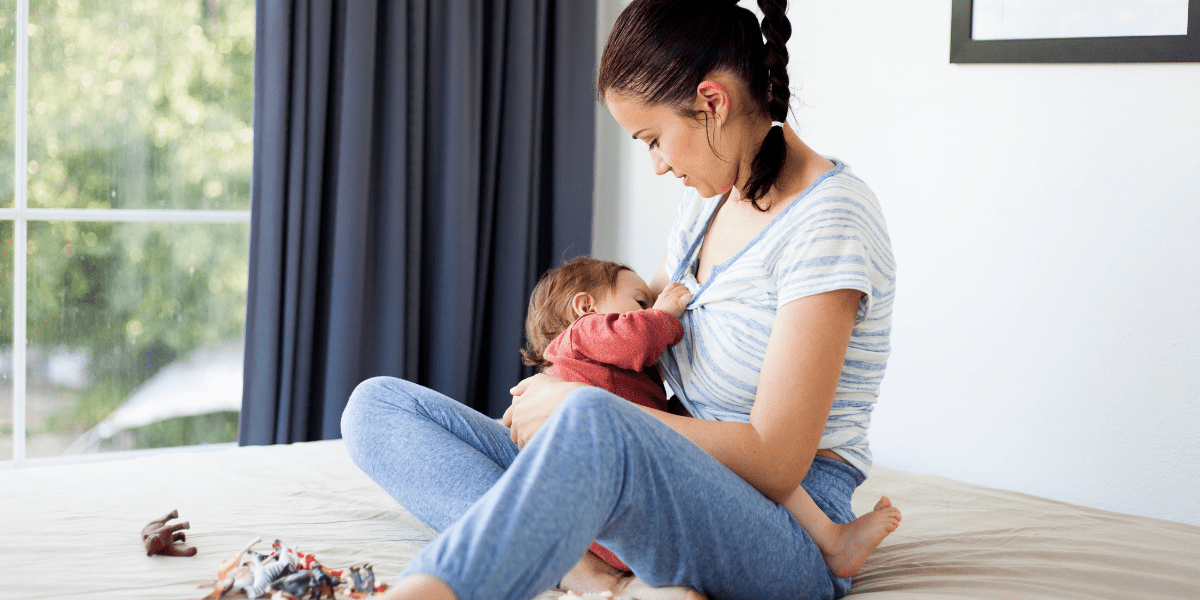
Your periods start up again:
For those of us who find menstruation agonizing, those few months respite are over, and the bleeding returns. It is a sad situation.
Your period cycle will likely return to whatever you experienced prepregnancy. The average cycle is 28 days on the regular, however every woman is different.
Whatever you’ve experienced before will most likely be what you can expect once everything slips back into the same old routine. When I was pregnant I was told by well meaning moms, that my periods would get easier post pregnancy.
It’s all lies. Well, in my experience anyway.
Note the viscosity of your cervical mucus:
Delightful! You probably never really noticed your cervical mucus before you started trying to get pregnant, if you were trying in the first place that is.
If you were trying to conceive, then it is probably something you are used to almost studying. When you start to ovulate again while breastfeeding, post pregnancy, you may notice that the cervical mucus is thicker and stickier.
The viscosity is similar to what you might expect to extract from the leaves of an aloe vera plant. It is thicker and sticker just before ovulation begins.
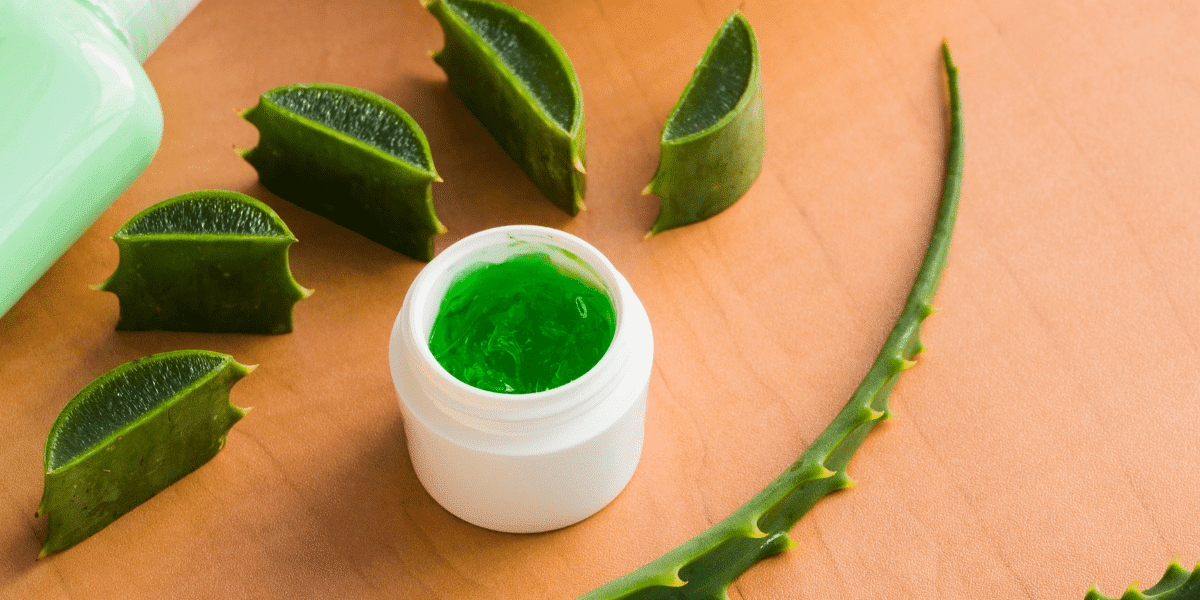
This is because, and just a side note, this is pretty amazing stuff, it is thicker and stickier just before you ovulate because it is preparing to keep hold of any sperm that might want to hang around waiting for the egg to come descending down your Fallopian tube.
How cool is that? Evolution is truly an amazing thing!
Your body temperature:
It is common for women to get a mild fever after ovulation. It is not a huge life altering temperature increase, it is not like you have suddenly become poorly, and it is nothing to be concerned about.
The small rise in your body temperature is just an indication that your body has been working hard in the background making and transporting eggs around your downstairs and creating all of the other life giving elements it is low key making all of the time.
It is just working a little harder during ovulation. Although this can not help you determine that ovulation has begun, if you notice this regularly it can help you to determine that your ovulation cycle has ended and therefore help you predict when the next one is due.
Stomach cramps:
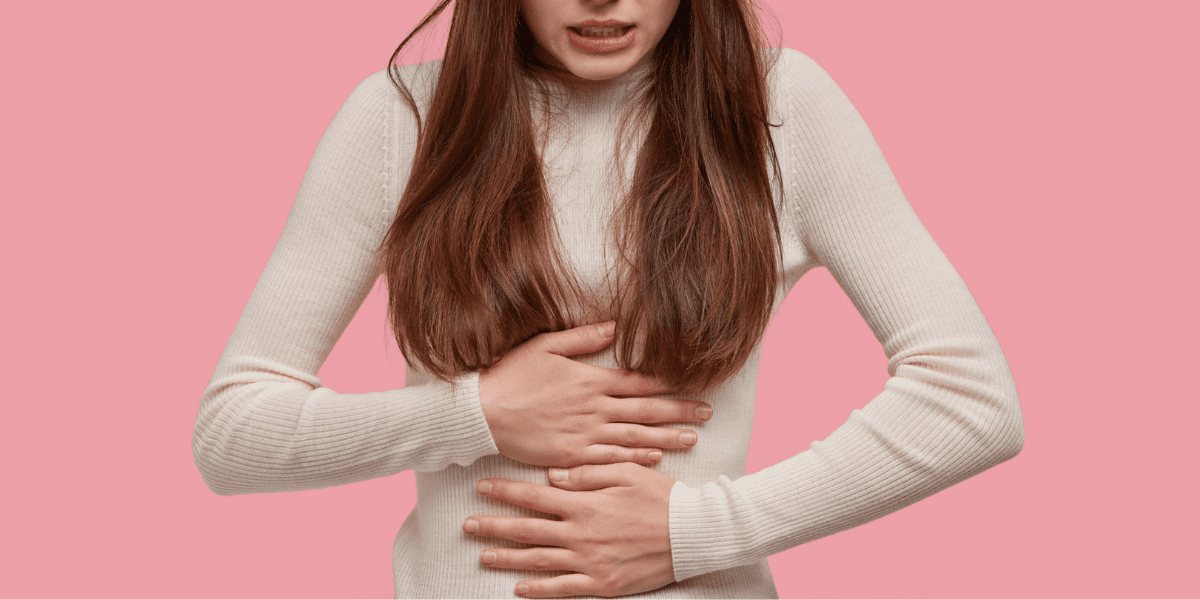
Ah yes, that old torture device I know all too well. The stomach cramp.
The stomach cramp is different for everyone, from mild discomfort to weapon of mass destruction. Cramping is another sign that your ovulation cycle maybe coming back.
It is the sensation in your lower abdomen and your lower back, sometimes described as a dull ache, sometimes described as wanting to cut off your own arm to have something to distract yourself from the agony. When the pain stops, finally, it is a sign that your ovulation cycle is at its prime, and you are at your most fertile.
For those of you who have a mild cramping experience, I am eternally jealous. For those of you who writhe at the gates of hell, I feel you, you are my people.
One day, we will then face the menopause, and we will have some fresh new hell to deal with.
Increased libido:
You may be thinking post birthing experience “no chance, as if”. The whole birthing experience is a great birth control in itself.
However, regardless of your feelings in those very early traumatized and sleep deprived days, your sex drive will return, one day. The return of your sex drive is a key indicator that you are ovulating once again.
Strangely enough, it is actually your body reacting to its instinct to reproduce! I know, as if this is going to be at the top of your agenda at this point.
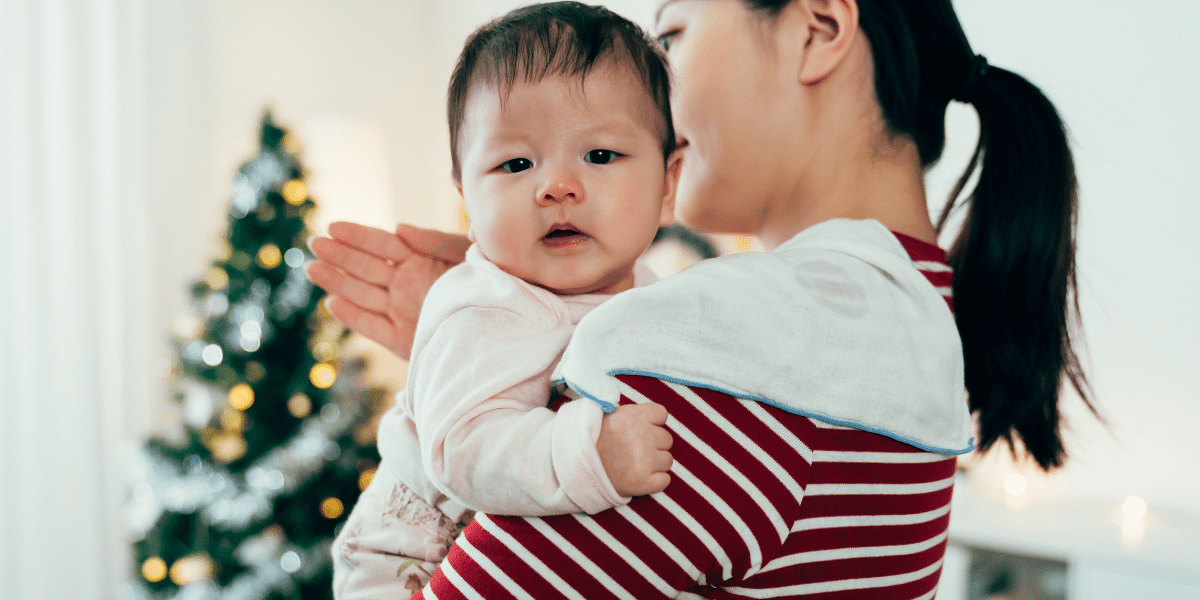
But think about it: you have done such a good job of creating a gorgeous and perfect little human being, not to mention keeping it safe and alive over these early months.
You might feel passionate or just plain grumpy. Got to love those hormones.
Anyway, if you start feeling a bit sexy, go with it. Just make sure you are not relying in breastfeeding as your main source of birth control.
Take any opportunity you can to satisfy those cravings!
Tender breasts:
As if your little bundle of joy chomping away on your nipple is not enough, your body also wants to let you know that you are ovulating by making your breasts hurt all by themselves. Breast tenderness is also known as mastalgia or cyclical breast pain.
It is most likely to occur during your first few post pregnancy menstruation cycles. It won’t last forever, this is not going to be a new symptom of your cycle forever more, rest assured that it will go away after a few months.
Just accept it and move on. Like with everything you will experience with a new baby: “it’s just a phase”.
Can I get pregnant before my period comes back?
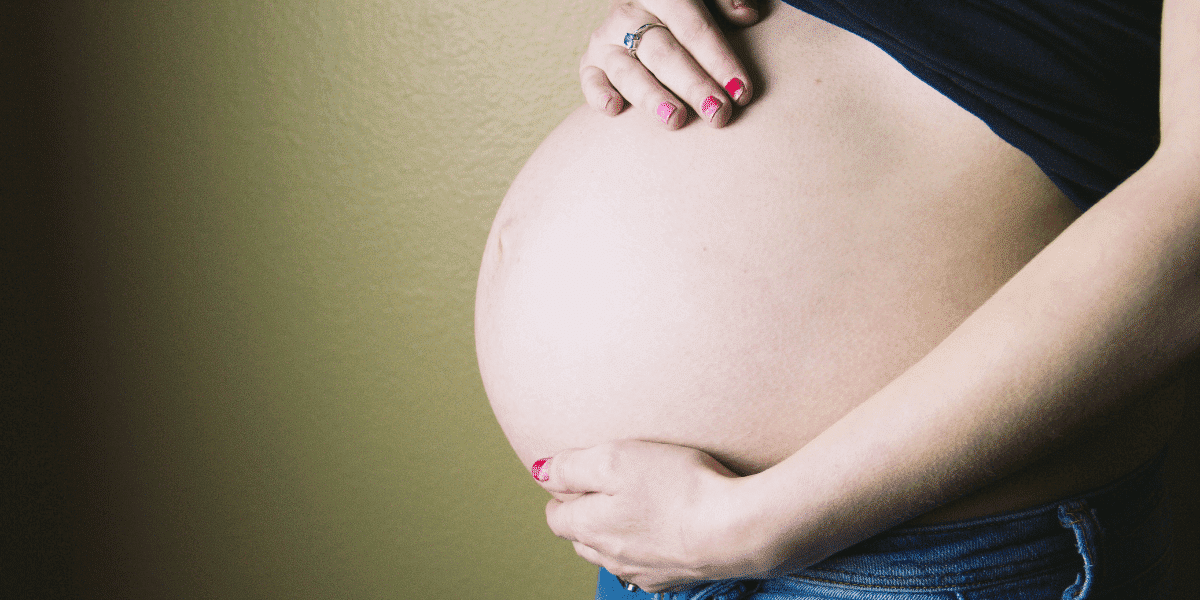
Your pregnancy will have massively impacted on your body, even more then you can see by just looking in the mirror. Your insides move all of the place to accommodate your precious little one as they grow.
Not to mention the trauma of birth. I cannot stress this bit enough – allowing your body to recover from pregnancy and childbirth is in no way about “getting back” to your pre pregnancy weight, shape or anything like that.
You are stretched out, nauseated and your hormones are everywhere. Do yourself a favor and give your body, and your sanity, time to recover.
Your stretch marks and scars are signs that you have created something outstanding.
If you do decide that you want to have another baby, it’s up to you to listen to your body and leave as much time as you see fit. It is recommended medically that you wait between 18-24 months post birth before getting pregnant again.
Do what works for you and remember: you’ve got this mama.
